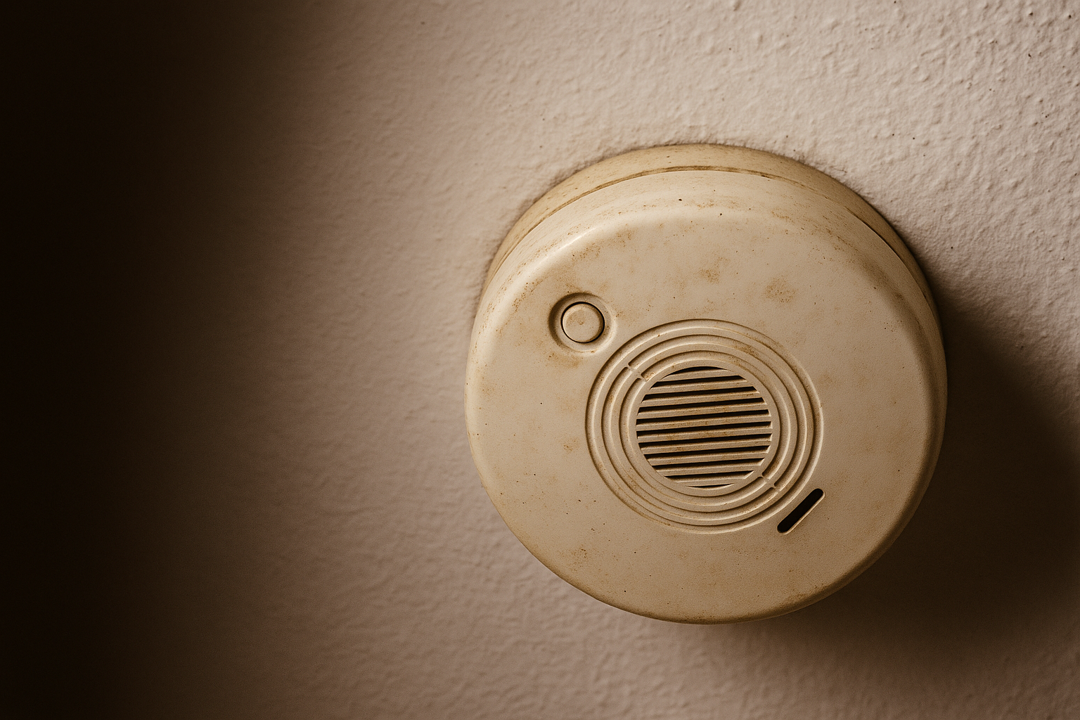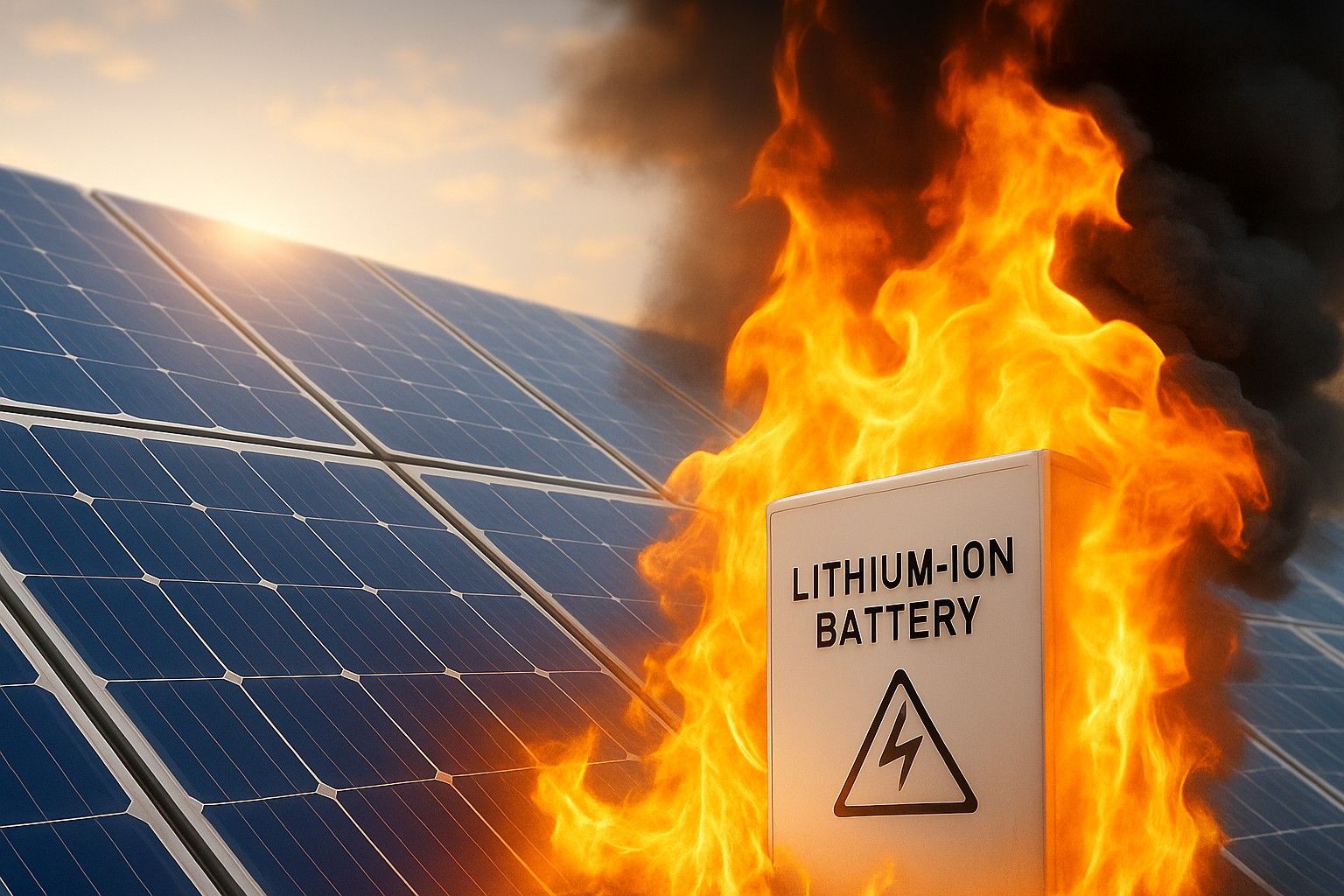
When was the last time you checked the age of your fire detection system?
If your detectors have been quietly hanging on the ceiling for more than a decade, they might be putting your building, and everyone in it, at serious risk.
According to leading manufacturer UTC Fire & Security (now Kidde Commercial), all fire detectors have a recommended working life of 10 years. After this period, even well-maintained devices can deteriorate, leading to slower response times, false alarms, or even result in complete failure to detect a real fire.
This degradation happens naturally as sensors, circuitry, and internal components age. Just like smoke turning a white ceiling grey over time, small, unseen changes inside the detector can affect its sensitivity and reliability.
“In the interests of safety and the avoidance of unwanted alarms, we recommend the routine replacement of detectors after 10 years of service.”
— UTC Fire & Security South Africa
⚠️ The Risks of Old Detectors
Failing to replace ageing detectors poses several risks:
- Reduced sensitivity — smoke may go undetected until it’s too late.
- Increased false alarms — disrupting operations, especially in hotels, retail, and industrial environments.
- Non-compliance with insurance and safety standards — outdated systems may invalidate cover.
- Obsolete parts — manufacturers stop producing replacement components, making maintenance nearly impossible.
We have various examples where legacy detectors installed over a decade ago were found to contribute to ongoing false alarms and loop faults. Replacing them with modern detectors significantly improved system stability and reliability.
🏗️ The Case for Modern Fire Detection Systems
Today’s intelligent fire detection systems are digital, addressable, and adaptive. They offer:
- Real-time device monitoring and event logs
- Quicker response times with fewer false alarms
- Easier system integration with evacuation and access control systems
- Long-term manufacturer support and component availability
Upgrading your system is not just a compliance exercise — it’s an investment in safety, efficiency, and peace of mind.
🧰 How QFA Solutions Can Help
At Quantum Fire and Access, we design, install, and maintain fire detection systems compliant with SANS 10139, ensuring long-term reliability and adherence to South African safety standards.
Our team can assess your existing system, identify devices nearing or past end-of-life, and propose a cost-effective upgrade path using certified products.
📞 Ready to Check Your System’s Health?
Let’s ensure your detectors will perform when you need them most.
Contact us for a free site assessment:
📧 info@quantumfire.co.za | 🌐 www.quantumfire.co.za

